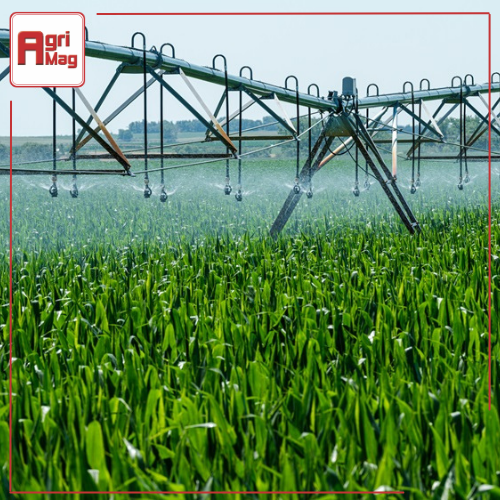
The Significance of Water Sources for Irrigation in South Africa
Date: 10/07/2023
Water sources for irrigation are crucial for agriculture, supporting food security and the economy. With diverse climatic conditions and water scarcity challenges, efficient irrigation is vital. This article explores the major water sources used for irrigation in South Africa, including rivers and dams, groundwater, and recycled wastewater. Buy farm equipment on AgriMag such as irrigation to start farming.
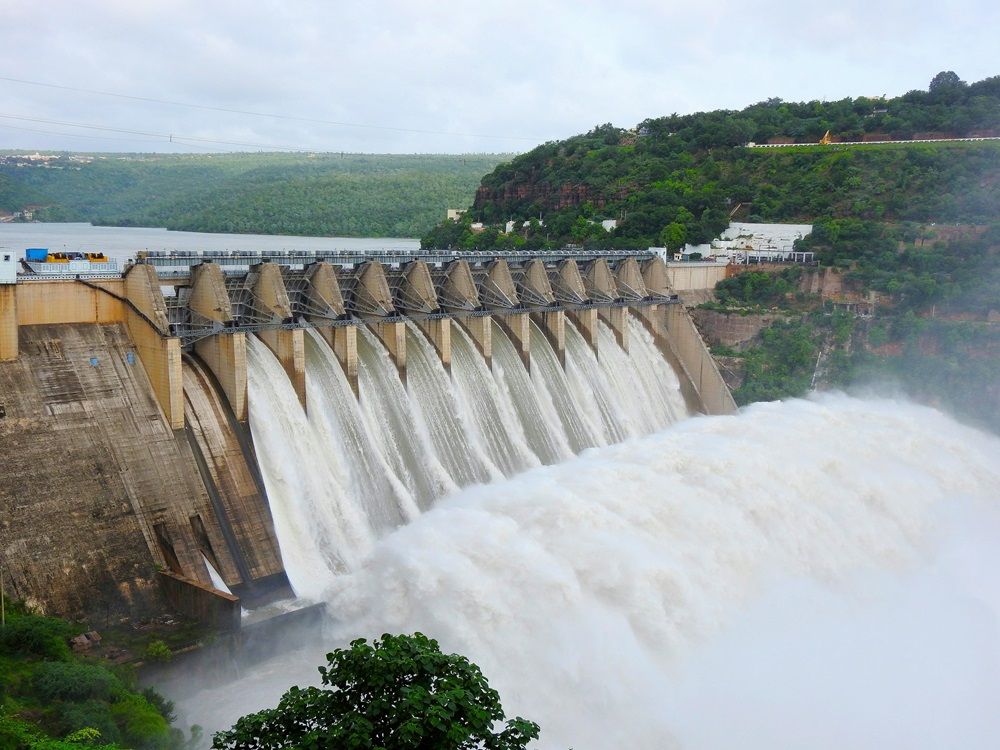 Photo by Sharath G on Pexels
Photo by Sharath G on Pexels
Major Rivers and Dams
The country's geography includes several major rivers and dams that are essential for irrigation. Rivers such as the Orange, Vaal, and Limpopo play a vital role in supplying water to agricultural lands.
- The Orange River
The Orange River is the longest river, stretching over 2,200 kilometers. It is a crucial water source for irrigation, particularly in the Northern Cape, where it supports extensive farming activities. The river’s water is harnessed through a series of dams and canals, ensuring a steady supply for crops such as grapes, citrus fruits, and vegetables.
- The Vaal River
The Vaal River is another significant source of irrigation water. Flowing through the heart of the country, it supports the agricultural regions in Gauteng and Free State. The Vaal Dam, one of the largest in the country, helps regulate water flow, ensuring that farmers have access to water even during dry periods.
- The Limpopo River
The Limpopo River, which borders the country to the north, is crucial for the irrigation of farms in Limpopo Province. This river supports a diverse range of crops, including maize, wheat, and various fruits and vegetables. However, the region is prone to fluctuations in rainfall, making efficient water management essential.
- Importance of Dams
Dams play a critical role in water storage and management. Key dams such as the Gariep Dam on the Orange River and the Sterkfontein Dam in the Free State help store large quantities of water, ensuring availability during dry spells. These reservoirs are vital for maintaining a consistent supply of irrigation water, which is essential for crop growth and agricultural productivity.
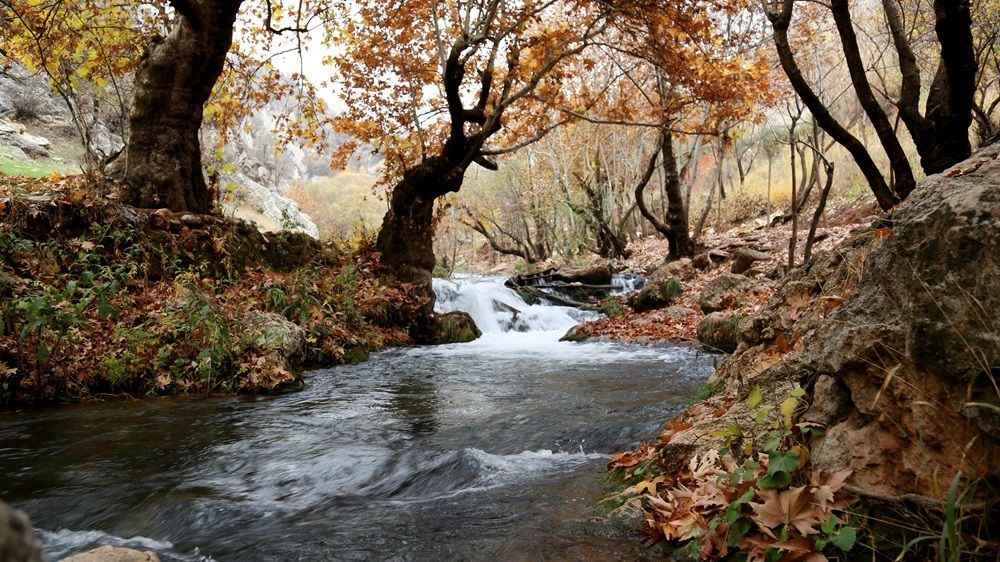 Photo by Nashwan Guherzi on Pexels
Photo by Nashwan Guherzi on Pexels
Groundwater Usage
Groundwater is another important source of irrigation water. It refers to the water found beneath the earth's surface, stored in aquifers. This resource is particularly valuable in regions where surface water is scarce.
- Advantages of Groundwater
One of the main advantages of groundwater is its availability during dry periods when rivers and dams may have reduced flow. Groundwater can be accessed through boreholes and wells, providing a reliable source of irrigation water. This is especially beneficial in arid areas such as the Western Cape and the Karoo.
- Sustainable Management
However, the use of groundwater must be managed sustainably to prevent over-extraction, which can lead to depletion of aquifers and long-term environmental damage. Implementing practices such as controlled pumping, monitoring water levels, and recharging aquifers through rainwater harvesting are essential for maintaining groundwater as a viable irrigation source.
Recycled and Treated Wastewater
As water scarcity becomes an increasing concern, recycled and treated wastewater is emerging as a valuable irrigation source. This involves treating domestic and industrial wastewater to a level where it can be safely used for agricultural purposes.
- Benefits of Recycled Water
Recycled water offers several benefits. It provides a consistent supply of irrigation water, reduces the demand on fresh water sources, and helps manage wastewater effectively. In urban areas, where large volumes of wastewater are generated, recycling this water for irrigation can significantly ease the pressure on traditional water sources.
- Implementation in South Africa
In our country, initiatives to use treated wastewater for irrigation are gaining momentum. For instance, some municipalities treat and distribute wastewater to nearby farms, supporting the cultivation of crops like maize, wheat, and vegetables. This approach not only conserves fresh water but also ensures that urban wastewater is put to productive use.
Overall, the significance of water sources for irrigation cannot be overstated. Major rivers and dams, groundwater, and recycled wastewater all play crucial roles in sustaining agriculture in a country marked by variable rainfall and frequent droughts. By diversifying and managing these water sources effectively, farmers can ensure the sustainability and resilience of their agricultural practices, contributing to the nation’s food security and economic stability. Searching for farm equipment to for sale? Visit AgriMag to buy equipment such as irrigation.
Categories:
Common category
Category Search:
Latest articles:
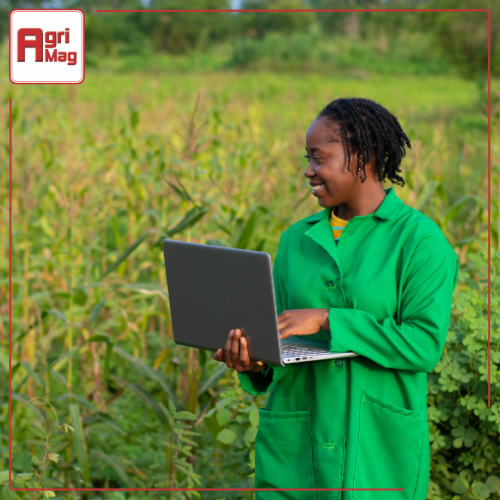
Why Planning Early for the Planting Season Pays Off
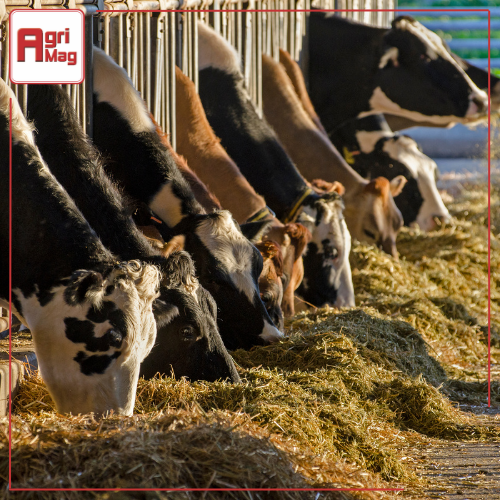
Why Winter Feed Management is Crucial for Livestock Health

How Smart Farming Technology is Revolutionising Agriculture
